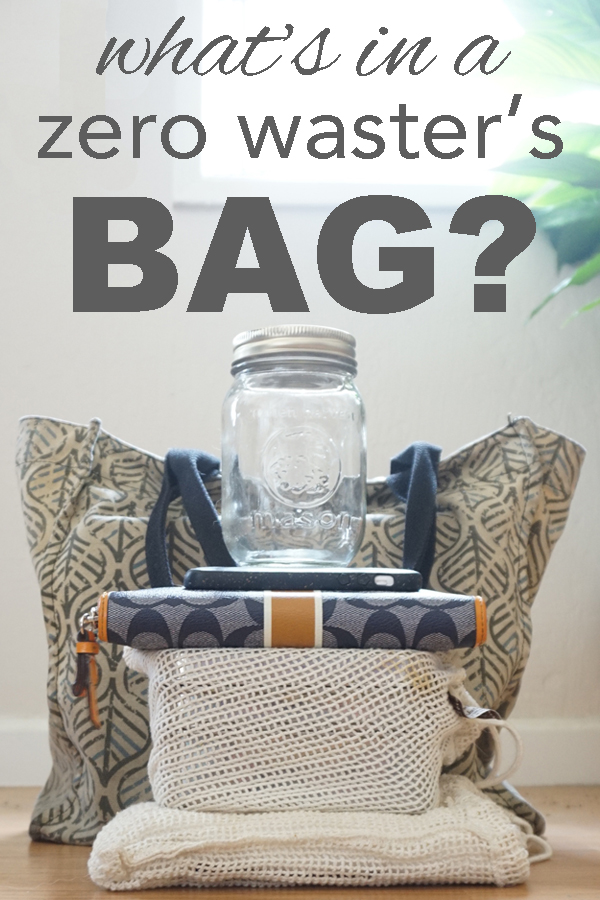"How do you only spend $250 a month on organic groceries for two people?"
I've been on a tight budget most of my adult life. Actors are not known for making lots of money. Hence, the starving artist title. Food is really important to me. I view food as medicine.
It's so important to eat right. I'm sure you've heard the saying, "If you think being healthy is expensive try being sick." I try my best to eat really well on a tight budget, and I've shared my best money saving tips below. Being zero waste has saved me SO much money on groceries.
1. shop local:
I get the best deals on produce at the farmers market. The food is super local. When food is flown in from far away, you're paying for it's travel miles.
By shopping local, you're eliminating those travel miles which helps both the planet and your wallet.
At the farmers market, there's very little overhead involved. This makes the produce even cheaper. I have seen produce from the same farm with 100% markup at the conventional grocery store.
If you don't have a farmers market, look for a CSA or other local produce delivery service.
2. in season:
This goes hand in hand with local. It's difficult to grow tomatoes and strawberries in January.
These items are flown in so you can have them year round. They don't taste nearly as good and are very expensive.
In July tomatoes and strawberries are plentiful. It's much cheaper to buy them; because there's a surplus! Try to eat with the seasons. It's cheaper, tastes better, and involves a smaller carbon footprint.
3. in bulk:
Did you know 15% of food cost is packaging? You're paying 15% for something you're going to throw away. Why not eliminate that cost? (this doesn't hold true for every item, but we'll get to that later)
1lb of beans in a plastic bag costs $1, but the same beans from the bulk bins cost $0.65 cents a pound. Think of all that savings! That's practically two pounds for the price of one.
Sometimes it's more expensive to buy from the bulk bins depending on the item. Always weigh your options. If you don't have access to bulk bins, purchase how a bulk store would. Look at buying at 25lb bag if it's something you eat often and have a place to store.
4. get to know people:
It's amazing the discount you get when you get to know your farmer or butcher or cheesemonger or fishmonger or whomever you're buying food from. First of all, they can save you money by recommending cuts or letting you know what's going sale. They can suggest cooking methods or even meals.
I always try and go to the farmers market every Saturday. I also go roughly around the same time. I've built a rapport with my favorite stalls. The know me; I know them. They identify a loyal customer and often times throw in a freebie. If I spend over $10 I tend to get some sort of free leafy veggie.
5. byob:
Most mom and pops love it when you bring your own bags. It saves them money. They could cut out a huge cost if everyone brought their own containers.
I've gotten discounts on vegetables, baked goods, and even coffee just because people really think it's a neat concept.
And, beyond people just liking it, lots of companies offer discounts for bringing your own. My local coffee shop, starbucks, whole foods, my co-op, even the discount food store in town gives a 5 cent discount per container.
So, bring your own produce bags and grocery bags! Check out my ultimate guide to zero waste shopping to get the full scoop on how to tare your container.
6. reduce meat and dairy:
Meat and dairy are going to be the most expensive things in your cart. Especially because you should be buying this pasture raised and organic. It is not worth the environmental or health impacts of eating cheap, unsustainable meat.
Americans are eating 3/4lbs of meat a day, and it is way too much. We don't need that much protein. I would never tell someone to completely take something out of their diet, but we can all cut back.
Cut your meat in half by using more beans and legumes. By focusing on cheap filling alternatives like nuts, beans, and gluten-free grains like quinoa, you'll have a very filling meal without breaking the bank.
Don't make meat the star of the plate. Use it as a side or a garnish, and learn to make some tasty vegetarian dishes like cauliflower wraps or jackfruit tacos or red pepper soup.
7. avoid prepared food:
While most bulk items like rice, beans, spices, and sugar are cheaper from the bulk bin per pound, prepared food isn't. You're going to pay a premium for cookies, candy, side dishes, and salad bar offerings.
Sometimes the salad bar can be a good deal, so don't look that over. Try and focus on simple meals using fresh whole ingredients. Snacks can easily be fresh fruit or carrot sticks. There's no need to load up on pre-made snack mixes.
To keep things simple, I like to make one large breakfast for the week and one sweet treat. I'll bake a dozen cookies and batch freeze smoothies or banana muffins. This prevents me from spending too much on cookies from the bakery and jamba.
Beyond being budget busting items, they tend to have suspicious ingredients. How much sugar is in what you're eating? Making it at home means I can control the ingredients.
8. shop your kitchen first:
The most expensive food is the food you don't eat. Make sure that you're going into your shopping experience with a plan to eat what's left over from last week first.
Americans waste 50% of their food. That is a huge number!
Embrace simple meals made with fresh ingredients. Any recipe that takes a long time to make (that isn't your favorite thing in the world to eat) is unsustainable. Personal sustainability is huge. Make sure your meals are accessible.
9. store food properly:
Get the full potential out of your food. You can read more about how to properly store your food in this post.
10. eat right:
Did you know that when people go on a "diet" their grocery bill tends to go down? That's because vegetables are cheap.
Meanwhile, chips and soda are really expensive. A box of oreos, two bags of lays, and two liters of soda is around $15. For fifteen dollars I can make an entire weeks worth of lunches... for two people!
11. shop independent:
Look at all of this beautiful, plastic free produce. Instead of heading to your super grocery store, check out an Asian of Mexican market.
These cultures tend to eat a lot more produce, so produce is typically cheaper and there's more selection.
It also tends to be easier to shop in bulk. In both of my Asian and Mexican markets I can buy a lot zero waste. I can even buy tortillas and tortilla chips in my own bag! The Asian market has tofu and seafood available at the counter.
I have found my Mexican Market to have even better prices than the farmers market. So, always be open to trying alternatives.
12. dirty dozen:
I understand that buying organic can be expensive. Make sure to ask farmers, a lot of times they grow organic, but can't afford the certification. Or maybe they're certified sustainable, but not organic.
photo cred: organics.com
Get to know your people and ask questions! If you can't always buy organic avoid the dirty dozen and buy the clean fifteen.
13. use it up:
Use EVERYTHING. If you're struggling with the grocery bill, ask your self if there's anything else you can do before you put it in the composter. Carrot peels? Veggie stock. Squash seeds? Salad topping. Broccoli stalk? Stir fry. Carrot tops? Pesto.
There are so many things you can do with your food. Think outside of the box and save!
14. make a plan:
Meal planning can be so hard! I completely understand. Check out my ultimate guide to meal planning for a fresh take on the whole thing.
15. buy ready-to-eat:
At most of my stores, they offer produce that is very ripe at a bargain. It's produce you need to eat today or tomorrow.
The produce needs to be moved ASAP, so they're willing to offer it 30-50% off. 2lbs of peaches for .50 cents in the height of summer, that are ready for a cobbler. A dollar for four lonely brown bananas ready to be made into muffins.
Always keep your eyes out for some ready-to-eat produce.
With applying all of my tips, our grocery budget is around $200-$250 a month.
Our budget has been breaking down like this recently.
- $50 on Pasture Raised, Organic Meat
- $50 on Pasture Raised, Organic Dairy and Eggs
- $80 on Mostly Organic Fresh Fruits and Vegetables
- $25 on Organic Bread
- $45 on Mostly Organic Dry Goods
Do you have any tips for keeping a budget in check? What does your monthly grocery budget look like?
















